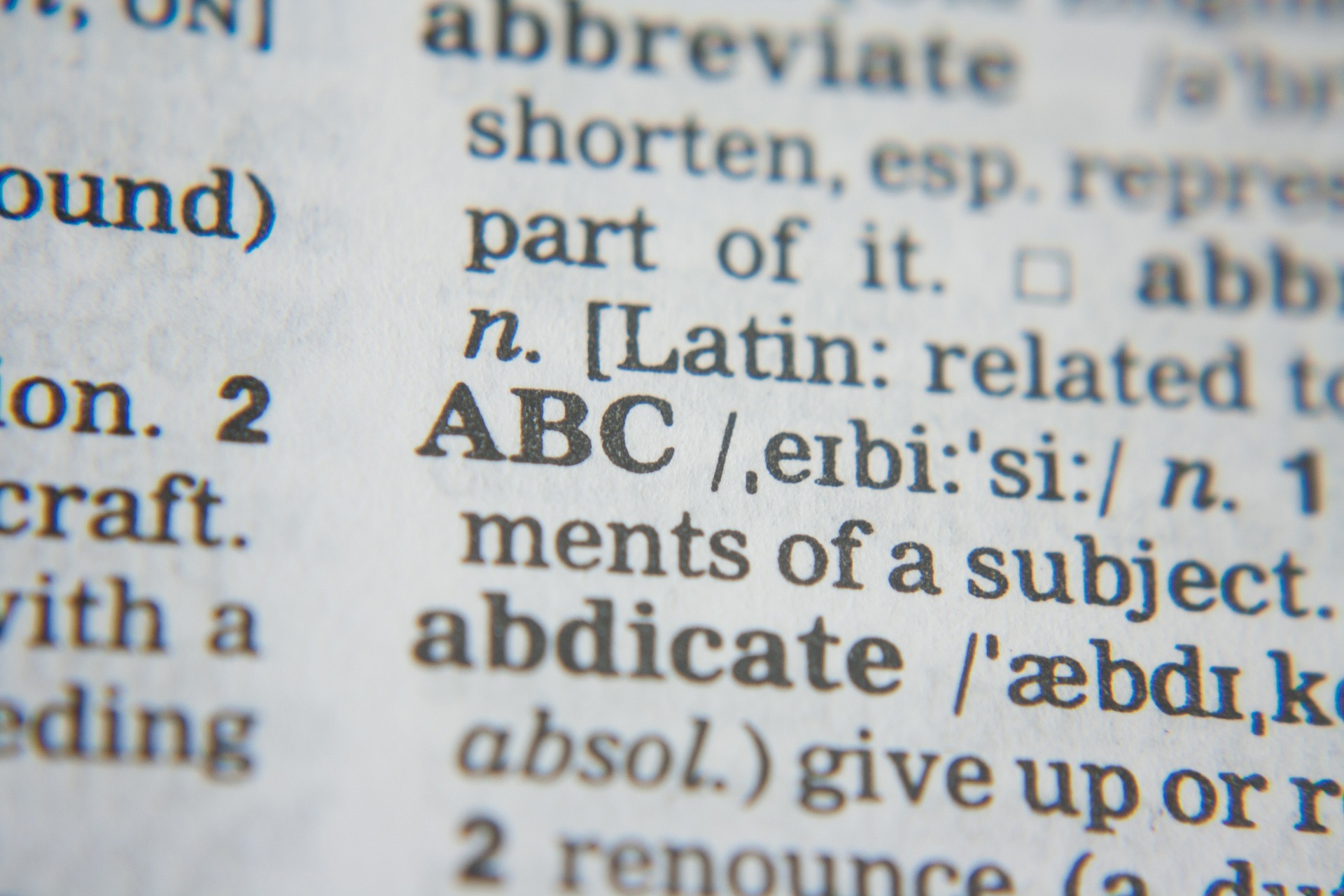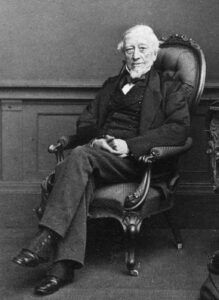
 By Dr Birbal Jha*
By Dr Birbal Jha*
On January 18, we celebrated Thesaurus Day. The day marks the birth anniversary of Peter Mark Roget, who wrote a book, ‘Thesaurus of English Words and Phrases’, classified and arranged so as to facilitate the expression of ideas and assist in literary composition. This book is popularly known as Roget’s Thesaurus.
Just as you don’t want to repeat the dish of breakfast for lunch or you prefer to eat different dishes for dinner from your lunch, in the same way, you are expected to avoid repetition of words or phrases in the preceding sentences or the paragraph. Successive repetitions of either dishes or words lose their taste.
A fair knowledge of using synonymous words and phrases adds great value to our communication skills. The use of similar-meaning words or phrases adds flavour to our expressions whatsoever. Such linguistic artistry shows our strong hold on language skills.

Roget, a British physician-tuned-lexicographer, who was born on January 18, 1779, and died on September 12, 1869, is fresh in everybody’s mind, more particularly in the linguistic society of the world. Post his retirement from professional life in 1840, he embarked on the project of lexicography in 1846 and came out with his book in 1852.
The word “thesaurus” comes from Latin thēsaurus, which in turn comes from Greek θησαυρός (thēsauros) ‘treasure, treasury, storehouse’. Until the 19th century, a thesaurus was any dictionary or encyclopedia. It was Roget who introduced the meaning “collection of words arranged according to sense”, in 1852.
It is interesting to note that Roget’s Thesaurus had initially 15,000 words, and each successive edition has been larger, with the most recent one having 443,000 words.
Thesaurus Day indeed encourages us to develop an understanding of synonyms and antonyms, attach importance to word power, and take joy in the beauty of the English language.
**The writer is a noted author and etymologist, accredited with having created a revolution in English training In India with the slogan ‘English for all’.





